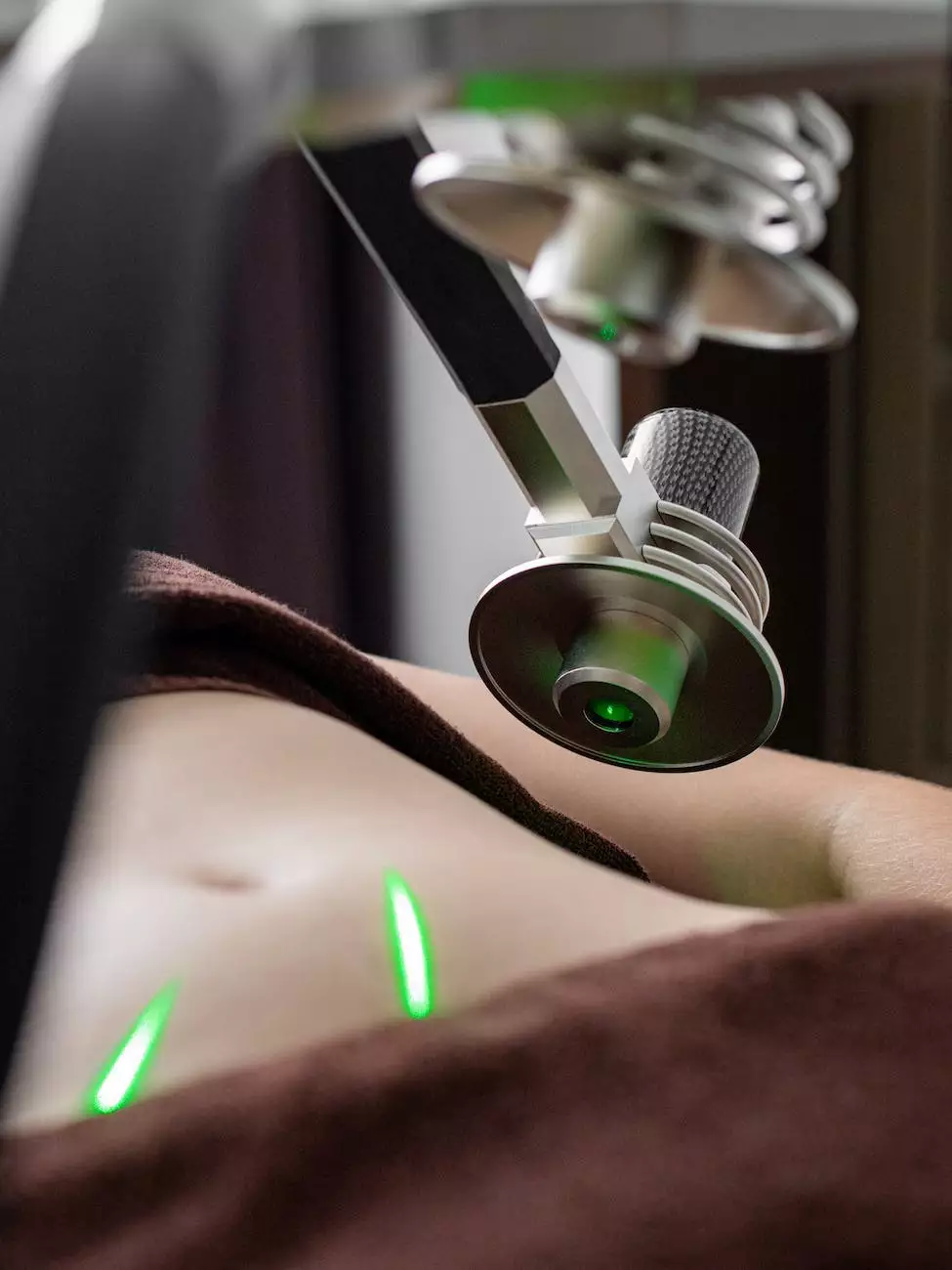TRT Weight Gain — Can Testosterone Make You Gain Weight?

Welcome to Minneapolis Weight Loss Doc, your trusted source of information on health topics related to weight loss and wellness. In this article, we will delve into the topic of TRT weight gain and explore whether testosterone can indeed make you gain weight.
The Connection Between Testosterone and Weight Gain
It is a common misconception that testosterone can cause significant weight gain in individuals undergoing testosterone replacement therapy (TRT). However, it is important to understand that TRT is primarily prescribed to combat the symptoms of low testosterone levels, rather than promote weight gain.
While testosterone can influence body composition by increasing muscle mass and reducing body fat, it is unlikely to cause excessive weight gain on its own. In fact, low testosterone levels have been associated with weight gain and difficulty in losing weight, as testosterone plays a crucial role in regulating metabolism.
Understanding Testosterone Replacement Therapy
Testosterone replacement therapy is a medical treatment aimed at addressing low testosterone levels in individuals, often caused by natural aging or other medical conditions. The therapy involves the administration of exogenous testosterone to supplement the body's natural testosterone production.
TRT can provide numerous benefits, such as improved energy levels, increased libido, and enhanced muscle mass. However, it is important to note that individual responses to TRT may vary, and some individuals may experience fluctuations in weight during the treatment process.
Factors Influencing Weight Changes During TRT
Various factors can contribute to weight changes during testosterone replacement therapy. These include:
- Hormonal fluctuations: As the body adapts to the exogenous testosterone, hormonal fluctuations can occur, potentially leading to changes in weight.
- Body composition changes: Testosterone can promote muscle growth and increase muscle mass, which can contribute to weight gain. However, these changes are often accompanied by a reduction in body fat, resulting in an overall improvement in body composition.
- Diet and lifestyle: It is important to maintain a balanced diet and engage in regular physical activity while undergoing TRT. The combination of healthy lifestyle choices alongside testosterone replacement therapy can support weight management goals.
Managing Weight During TRT
If you have concerns about weight changes during testosterone replacement therapy, it is crucial to consult with a healthcare professional who specializes in TRT. They can provide personalized guidance and support to help you manage your weight effectively.
Additionally, adopting a holistic approach to weight management can further optimize your TRT experience. This includes:
- Healthy diet: Focus on consuming whole, nutrient-dense foods that support overall health and well-being. Include a balance of macronutrients and ensure adequate protein intake to support muscle growth and maintenance.
- Regular exercise: Engage in a combination of cardiovascular exercise and strength training to support muscle development, improve metabolism, and maintain a healthy weight.
- Stress management: Stress can impact hormone levels and disrupt weight management efforts. Incorporate stress-reducing activities such as meditation, yoga, or deep breathing exercises into your routine.
Conclusion
While testosterone replacement therapy may lead to changes in weight, it is unlikely to cause significant weight gain on its own. Individual responses to TRT can vary, and it is essential to consult with a healthcare professional for personalized guidance regarding weight management during TRT.
At Minneapolis Weight Loss Doc, we strive to provide accurate and comprehensive information on various health topics. We offer expert advice and support for individuals seeking guidance on weight loss, wellness, and hormone replacement therapy. Contact us today to learn more about how we can help you on your journey towards optimal health.










